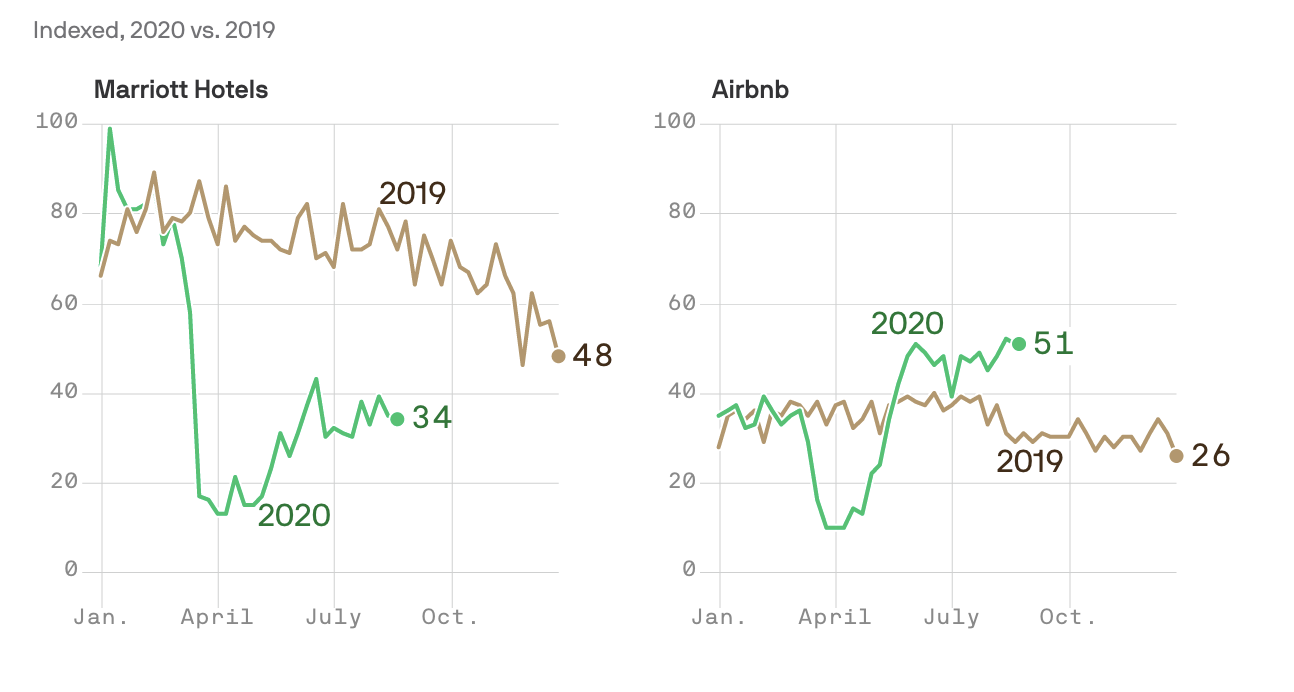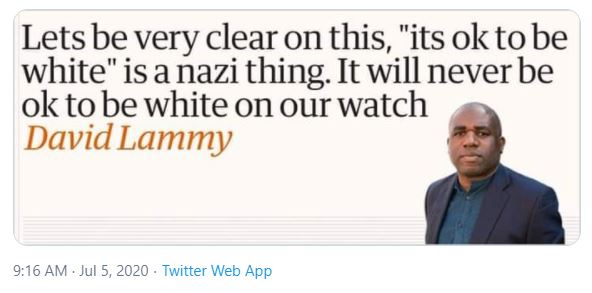There has been a string of news stories in the last few weeks that all fit under the heading of “breaking up big tech.”
The US, the EU, the UK and many others have published reports and draft regulating “big tech”, in particular Apple, Amazon, Facebook and Google.
The more simplistic, and probably less effective, recommendations make calls to “break them up.” There’s probably a few cases where spinning some services out as separate companies might make a positive impact, but in most cases it doesn’t seem to address the actual problems we’re all trying to solve.
If the problem is hate speech and content moderation, it’s not clear that Facebook and Instagram would tackle that better as separate companies, or Google separate from YouTube. I’m not sure if Whatsapp would be any less dominant in messaging if it had remained independent.
The more promising approaches aren’t trying to regulate “tech” as a single concept, but taking a more surgical approach to each problem and each vertical. This is much harder, of course, and much less catchy than “break them up”, but probably more successful in the long run.
We’ve taken this more surgical approach in the past too, with good results. In Telecoms, for example, it used to be that if your number was 087, you were Vodafone, and 086 meant you were O2. Moving networks meant you had to change number. So EU and Irish regulation brought in FMNP (full mobile number portability) to allow you to switch network and keep your number, which improved competition in the market. Similar EU regulation reduced roaming rates in the last decade.
Likewise, in the Insurance industry, we introduced specific regulation to ensure people can keep their no-claims bonus when they move insurers, to help make the market more competitive.
This level of detailed, case-specific, regulation is what we need in tech. And there’s lots of areas ready for some good rules. App stores (in particular Google Play and Apple’s App Store) are a very positive development, but present a big imbalance of power when companies like Spotify try compete against Apple Music. Google’s verticals, like shopping and traffic, which they integrate as service offerings into their dominant search engine are other obvious places where power imbalances could be abused.
Other areas seem less obvious. Many of the reports mention Amazon selling its own brand products, and promoting them above other brands – like the Amazon Basics batteries over Energizer and Duracell. But if we stop that, does the same apply to Tesco own brand or Aldi label products?
As a recent Economist piece noted, “it would be a historical anomaly if tech were not to be robustly regulated, as other systemically important industries such as banking and food were before it.” This is coming down the tracks, let’s just hope we’re specific and purposeful about it, rather than wasting time and energy on wide-sweeping, ineffective approaches.
Further reading: The Economist on How Best To Regulate Tech. Feds may target Google’s Chrome browser for breakup. Wired asks Should Google’s Ad Market Be Regulated Like the Stock Market?. Would breaking up ‘big tech’ work? by Ben Evans.
📰 News
Public Algorithms. Amsterdam and Helsinki jointly launched public registers of the AI algorithms used by their municipal administrations. “Both registers provide an overview of each system, as well as further details on the data they use, their operating logic, and the governance of the applications.” Link
Microsoft App Store. With Apple and Google under increasing pressure, Microsoft released “10 app store principles to promote choice, fairness and innovation,” as a bit of a swipe. In some ways, it just reminds me of what it was like downloading apps before app stores (or programmes, as we called them). No trust, difficult payments, piracy and viruses. Also, it’s hard to take them seriously when they don’t apply their enlightened principles to the Xbox store, which is big and profitable. Link.
QTube. Now that Facebook and Twitter have banned QAnon, all eyes (should) turn to YouTube. In a recent interview, YouTube CEO has said that they have made algorithm tweaks to reduce viewership, but won’t say they’ll ban them outright. Link.
Breaking Encryption. The Governments in big anglosphere countries have called on tech companies to weaken their end-to-end encryption to allow government access. This will be a big debating point in the next few years. If encryption is weakened on messaging (e.g. Whatsapp) then governments (good and bad) can see what people are talking about and punish activity (good and bad). But if any backdoor exists for governments, it can, in theory, be exploited by others too. Link.
Prejudice in AI. This week the BBC reported that “UK passport photo checker shows bias against dark-skinned women” and face-tracking software used by colleges to track that students are taking exams remotely is failing to recognise dark skinned students. As these technologies increase in adoption, these stories will keep coming. BBC story. College story.
💡 Interesting Links
Spotify. An in-depth interview with Daniel Ek, founder of Spotify. He has an interesting observation on the cultural differences of European (Swedish in Spotify’s case) company culture vs. US.
“I find many times it takes the average American at least a year to be productive within Spotify’s culture. Its ambiguity is just so foreign to them. When Americans typically say, “Well, I thought you, Daniel, were supposed to make the decision.” And I’m like, “No, I mean, you can make it if you want to.” Some people don’t like that ambiguity; that’s not for them. They think it’s slower and it is. But the flipside is, even if we do take longer to agree on some things, once we’ve decided, we move with a lot of velocity and magnitude. Because everyone’s bought in.” Link
Virtual Idol. “This New TV Talent Contest is for Virtual Idols Only” 😕 Link.
Fake Artists. As someone who regularly searches “chill Sunday bruch” or “saturday night dinner with friends” in Spotify to find the perfectly specific playlist, I enjoyed this piece about people uploading music under artist names like “Relaxing Therapy Music” and “Nature Sounds for Sleeping” to collect the royalty payments. Link.
Seeking Oblivion. Many of the pieces I share here look at the addictive nature of social media, but this piece takes a different perspective, looking not at the faults in our algorithms, but in ourselves. Thinking about our newsfeeds as addictive slot machines, “such techno-determinism renders all of us passive objects, our very brain chemistry at the mercy of a small handful of Harvard dorks with admin privileges. Are we really captive to our devices in quite so direct or helpless away? Seymour doesn’t buy it, and worries that just-so stories about addiction are disempowering and limiting. His rejection of determinism isn’t a recourse to personal responsibility, but a warning: regulation will not cure us, and reform won’t save us. If we live in a “horror story, the horror must partly lie in the user.” Link.
AI Zoom Calls. Nvidia have release a spooky/cool new tech concept. When you’re on a video call, instead of trying to transmit full visual info about your face in every frame of the video, they could just transmit a much smaller number of data points about key features on your face, like how your mouth is moving, then the graphics chip on your friend’s device would use AI to re-create a realistic animation of what your face probably looks like in each frame. It can even make enhancements, if needed, like bringing your gaze from your screen to the camera, to give the impression of eye contact. Link. [Video 2mins]
🎧 Podcasts
Radiolab updated their Post No Evil episode from a few years ago, exploring the trade-offs made in content moderation online. Link.
Planet Money explored the world of online advertising in the 2020 presidential race in Political Ad Nauseam. Link.


